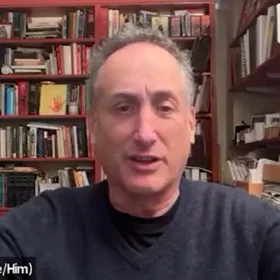If you did something terrible in your past, how long should it follow you and what, if any, implications does it hold in your current profession? Dr. Robert L. Klitzman, M.D., Academic Director of the Columbia University M.S. in Bioethics Program, recently joined an expert panel of bioethicists and clinicians to discuss the nature of doctors’ reputations. The episode of Both Sides Now With Art Caplan explored contentious issues—sexual misconduct, racism, marijuana use—and their intersections with medicine’s complex ethical landscape.
Dr. Art Caplan, founding head of the Division of Medical Ethics at NYU School of Medicine, asked a pointed question: “If the anesthesiologist can do the anesthesiology, do I really care anything at all about whether he cheated or did something inappropriate back in medical school or undergraduate life or whatever? Why should it matter to me?”
In response, Dr. Klitzman emphasized a useful bottom line: “We are talking about trust. We want patients to trust their physicians, and that is important because we want patients to tell the physician personal things. Patients are literally putting their body in the hands of the doctor.”
“At all times,” he said, “it’s important to think carefully about what we do from an ethical perspective.”
Watch the full episode on Medscape and learn about the M.S. in Bioethics program at Columbia University's School of Professional Studies.


